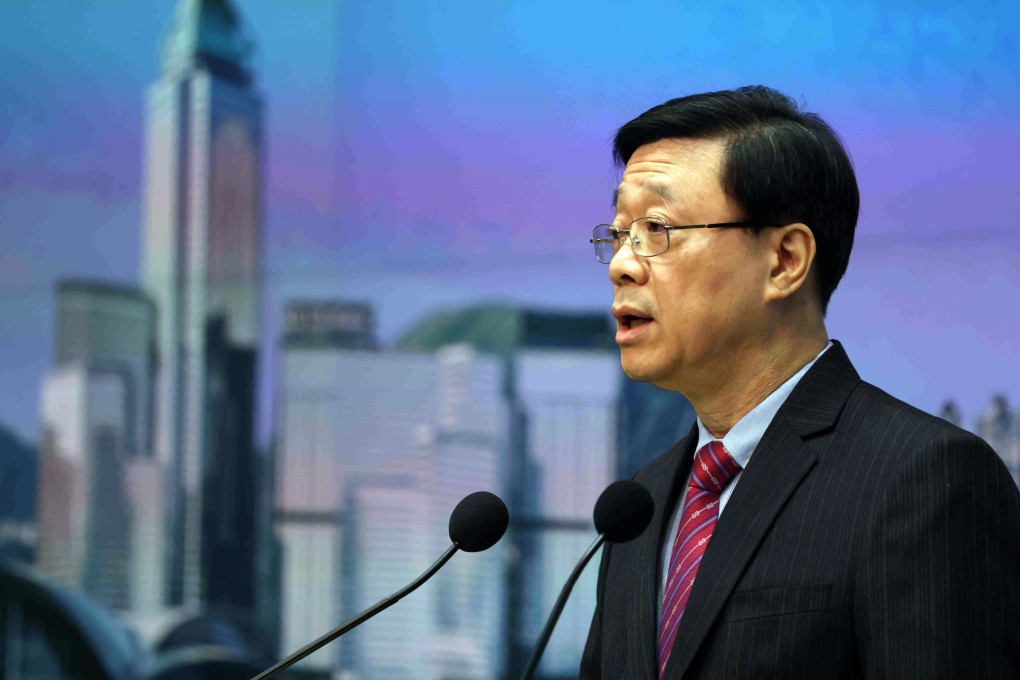Letters | US interests ill served by keeping Hong Kong leader John Lee out of Apec summit
- Readers discuss the need to rise above petty politics to de-escalate tensions in US-China relations, the short-lived mutiny in Russia, and Indian leader Narendra Modi’s visit to the US

However, apart from delighting some exiled Hong Kong separatists and Sinophobic US voters, isolating Hong Kong benefits neither US interests or Sino-US relations.
Apec’s aim is to foster regional economic dialogue through promoting free trade throughout the Asia-Pacific region. It is also an excellent opportunity for the US and China to work together to restore our damaged global economy. The participation of a financial powerhouse like Hong Kong is vital to the region’s economic stability and growth.
Apec is purely an international forum focusing on economic cooperation. US politicians should not take advantage of this summit to take jabs at China for petty domestic political gain. Therefore, Lee should be allowed to participate in the Apec summit.